Machine learning is becoming a transformational force in our society, and will profoundly impact humanity in ways both good and bad. On the good side, recent scientific breakthroughs such as having solved the protein folding problem will dramatically accelerate the development of new drugs and vaccines; on the bad side, we are facing a future in which deep fakes are used for manipulation, autonomous weapons roam our skies and machine learning supports surveillance in totalitarian states.
On the scientific side, machine learning is making its weight felt across all disciplines. Some go so far as to postulate a fifth paradigm of scientific discovery, fueled by machine learning.
In view of the role that machine learning is starting to play also in physics, the faculty of Physics and Astronomy has decided to establish a new MSc core course: Machine Learning and Physics.
Physics of Machine Learning: Highlight core physics concepts that drive ML Machine Learning for Physics: Equip you with tools to help conduct, and interpret, future experiments A: No. A: This course will have a steep learning curve; if you only want to cover the basics, you probably find easier alternatives. A: Neural networks will play an important role; but this course is more about principles. For sure we will not discuss details of the latest architectures. A: Yes, like every MSc core course. In winter semester 2023, the course will be given by Jan Pawlowski and Tilman Plehn. A: Because the version on the departmental's website has not been updated yet; this will happen before start of the teaching term. A: The book with the biggest overlap is the soon-to-be-published Murphy, Probabilistic Machine Learning: Advanced Topics. Full pdf available here.Contents
Taking part, and admin stuff
FAQ
Preliminary curriculum


